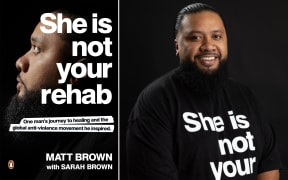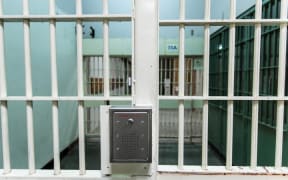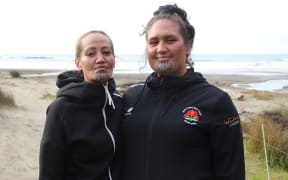Department of Corrections is under resourced, leaving inmates waiting years for psychological help and rehab programmes, the Parole Board says.
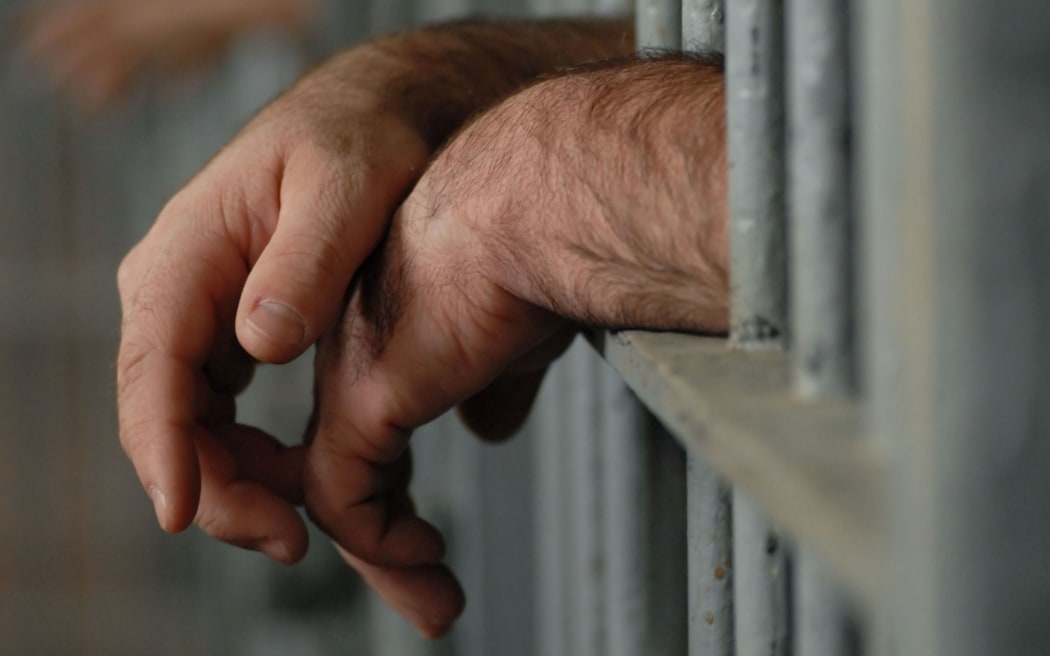
The Parole Board often receives complaints from people about prisoners struggling to access rehab, its chair says. Photo: 123RF
The board's chair Sir Ron Young wrote to Corrections Minister Kelvin Davis in January criticising the department and explaining the need for significant improvement.
In the letter he detailed his serious concerns with the timing of rehabilitation programmes, Māori offending, inadequate resourcing and Auckland South Corrections Facility - privately run by Serco.
Sir Ron Young said he had spent most of his almost three years as the board chair trying to alert Corrections to the problems within its systems.
His main gripe was prisoners' lack of access to rehabilitation programmes.
In order to be eligible for parole, inmates have to prove they have done some work to reduce the risk they pose to society.
This is often achieved by doing some kind of rehabilitation programme - but Young said that wasn't happening till very late in the sentence.
Corrections admitted more than two out of every three inmates, or 68 percent, had not even started any programmes when they could first apply for parole.
"The most common reason why the board refuses parole is because offenders have neither started nor finished relevant rehabilitation," Young said.
He told Davis this had "deteriorated" since he first started.
"It is difficult to understand the logic of Corrections' approach.
"At all levels, providing offenders with rehabilitation programmes as early as possible, bears fruit.
"The economic benefit is self-evident. Having people on parole earlier will reduce the prison population."
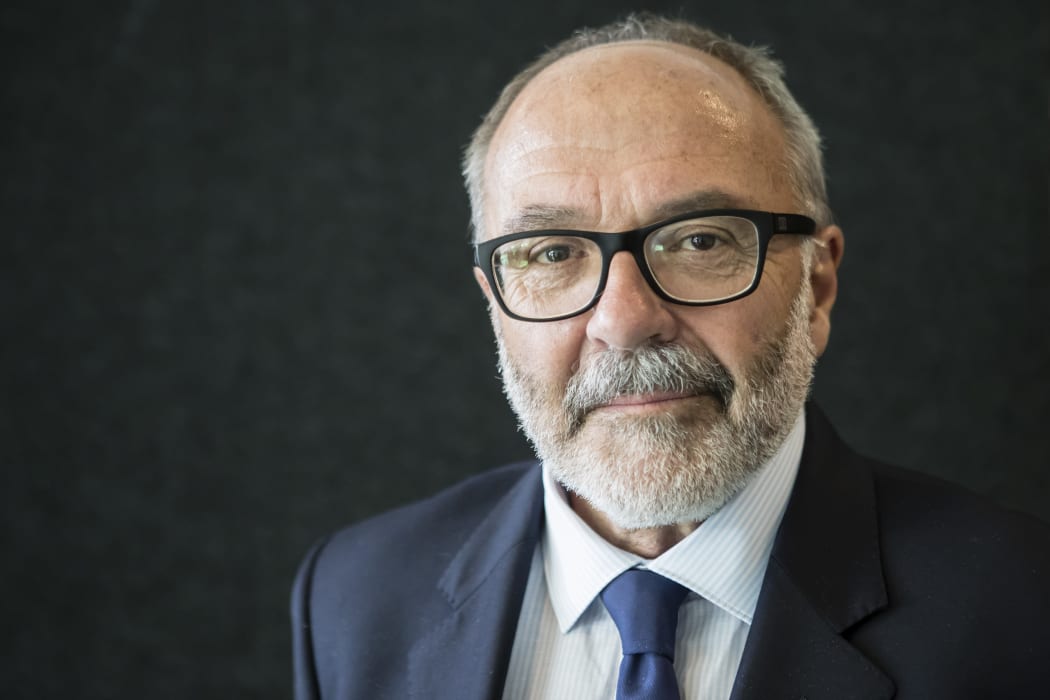
Sir Ron Young says resourcing is to blame for the lack of access to rehab programmes Photo: Aaron Smale/IKON Media
Davis said work around rehabilitation programmes could always be improved but denied there was a resourcing problem.
Young also noted Māori and Pasifika are not released on Parole as early as Pākehā - because they are less likely to have completed rehab programs, have suitable accommodation for potential release and less likely to have employment.
He had suggested to Davis and Corrections that they look to connect Māori inmates with someone from their hapū or iwi to help them through these steps so they are better positioned to get parole when they are eligible.
The department's inadequate resourcing was largely to blame for the lack or delay around appropriate rehab programmes and it was a "serious issue", Young said.
In his letter, he told the minister the Parole Board received endless complaints from offenders and their families that although rehab options are identified for them, they are not available within a reasonable time.
The problem was particularly severe when it came to access to psychologists, he said.
"Some offenders are waiting years for appropriate treatment.
"Some families have become frustrated and have hired private psychologists to come to the prison to work with an offender.
"This tends to be a realistic alternative only for families who are relatively well-off.
"Once again, Māori can be disadvantaged by not being able to afford to hire private psychologists."
He also noted this had a negative impact on inmates' motivation because the possibility of help was so far in the distance.
But one prison took the brunt of his criticisms.
Auckland South Corrections Facility is run by privately contracted company Serco.
Young said when he started with the Parole Board there were streams of complaints from previous chairpersons about Serco and its failure to perform "even the most basic functions".
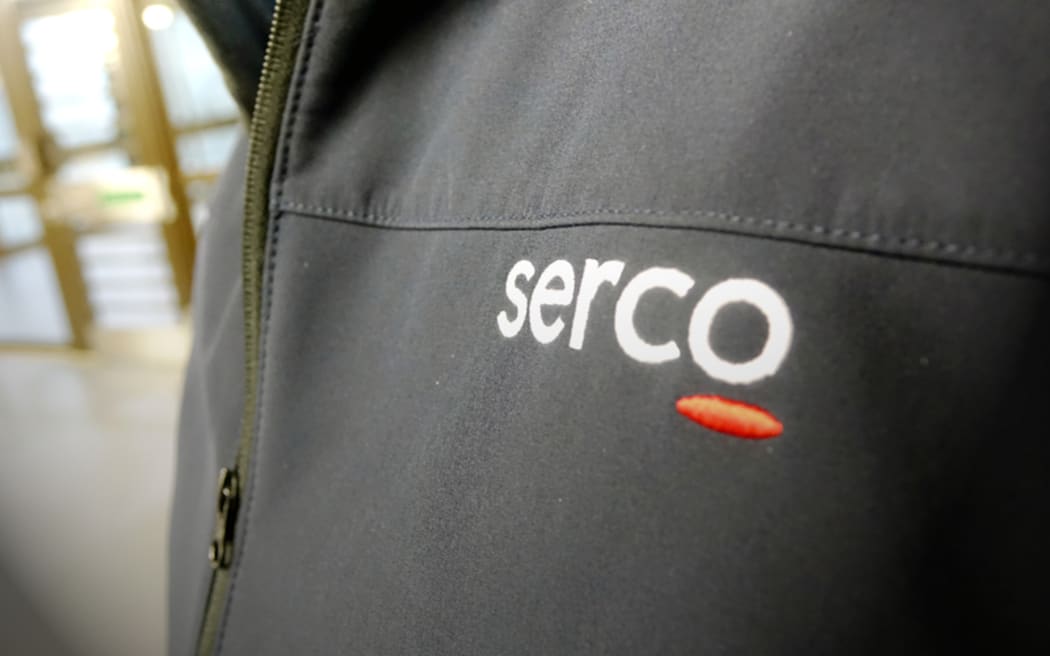
Sir Ron Young says he has documented his problems with Serco, and nothing really has improved. Photo: RNZ / Kim Baker Wilson
Since taking the chairperson position two years ago he had spent "significant time" working with them to improve their performance and said it had barely helped.
"The problems, however, occur virtually at every level of dealings the board has with Serco.
"The provision of information from Serco to the board by way of reports fails both in terms of quality and timeliness.
"All too often, the reports are poorly written, inadequately detailed and do not comply with agreed timelines."
The board had been flooded with complaints from offenders about the lack of available rehab programs and said they often spend months, if not years not knowing when they will get help.
Young told the minister he had documented many of his meetings with the company.
"I have a file with the detail of the many dealings I have had with problems with Serco month after month without any real improvement."
There was only one area of improvement which was the training and work of "some case managers".
He told the minister inmates at Serco are significantly disadvantaged and it is one of the worst performing prisons in the country.
'They have to be ready and willing'
Kelvin Davis and Sir Ron Young met face-to-face in mid-February to discuss concerns in the letter.
To prep the minister ahead of the sit down, Corrections drafted a series of bullet points defending why prisoners may not get rehab programmes early in their sentence.
The aide memoire said not all prisoners wanted to enter programmes while others may not be ready to begin treatment.
Specific reasons to delay or reject rehab for inmates included mental or physical problems, the wrong security or segregation classification and the programmes not being physically near enough to certain prisoners.
Corrections also argued that when prisoners do meet the eligibility, they are immediately added to a queue which will ultimately help them get treatment.
It said parole dates are factored in when placing prisoners in that queue.
Corrections also noted the increasing time spent on remand was impacting when inmates might get access to rehab before their potential parole release.
However, its data showed that over 50 percent of parole-eligible prisoners had started or completed some kind of programme.
Davis said Corrections could do more, but had been very successful in helping people so far.
"We'd obviously like prisons to get rehabilitation as quickly as possible. But we also need to make sure that we get the right rehabilitation for the right prisoners at the right time.
"We can't force them to take onboard rehabilitation, they have to be ready and willing.
"They have to be in the right frame of mind or if they just take up a spot that someone else could use."
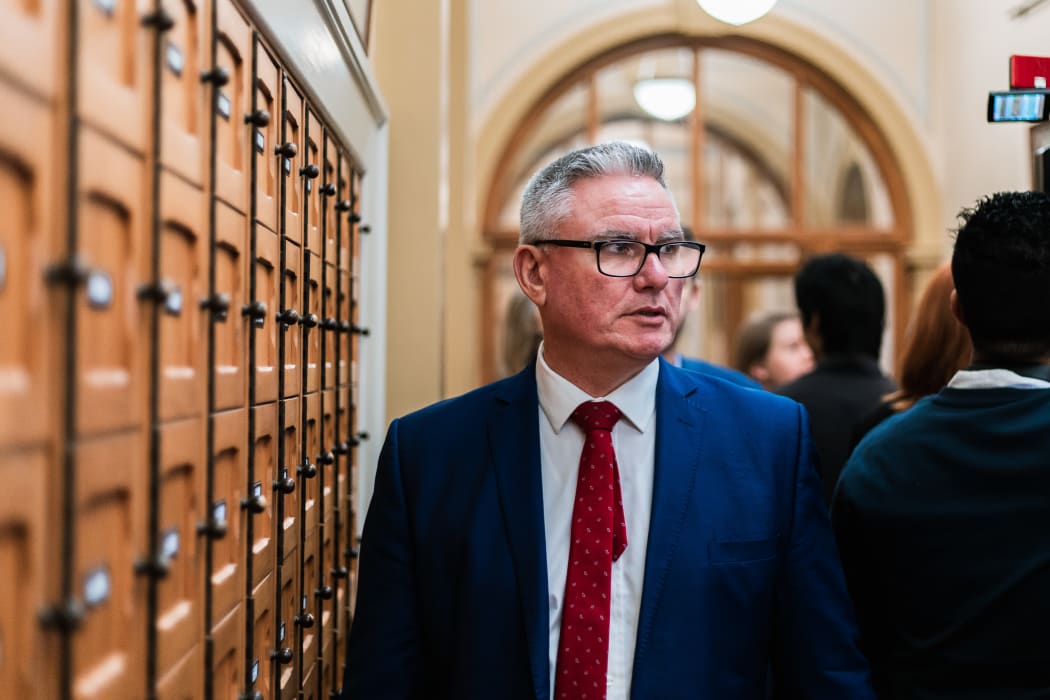
Corrections Minister Kelvin Davis says there is no resourcing problem Photo: RNZ / Samuel Rillstone
Davis said there was no point having the rehabilitation right at the start of their sentence, because if it was later down the track they would be able to use what they had learnt once released.
He denied that offering it earlier would help with the goal of getting the prison population down, and said the reoffending and reconviction rates were dropping anyway.
'The emphasis is all wrong'
Justice reform advocate and Just Speak director Tania Sawicki Mead said leaving people in a violent, traumatising environment for years without access to treatment is not going to help them rehabilitate or reintegrate back into the community.
"I think it is that the emphasis is all wrong inside our justice system that, you know, that the promise of rehabilitation and prison is often use to kind of soften what is essentially, you know, this profound deprivation of liberty, and, you know, a fundamentally punitive response."
Sawicki Mead said rehabilitation programmes were sold as a way to justify "putting people in cages".
"It doesn't work to put people inside prison, in the promise that they may get some access to a rehabilitation programme four years down the track, because obviously, in the meantime, they're spending years and years in a highly traumatic, often really isolating, occasionally violent institution. And that's, that's not going to do anything to resolve the problems that got them into that situation in the first place. "
It helps no one to deny them the help that everyone has told them they have needed for so long, she said.

